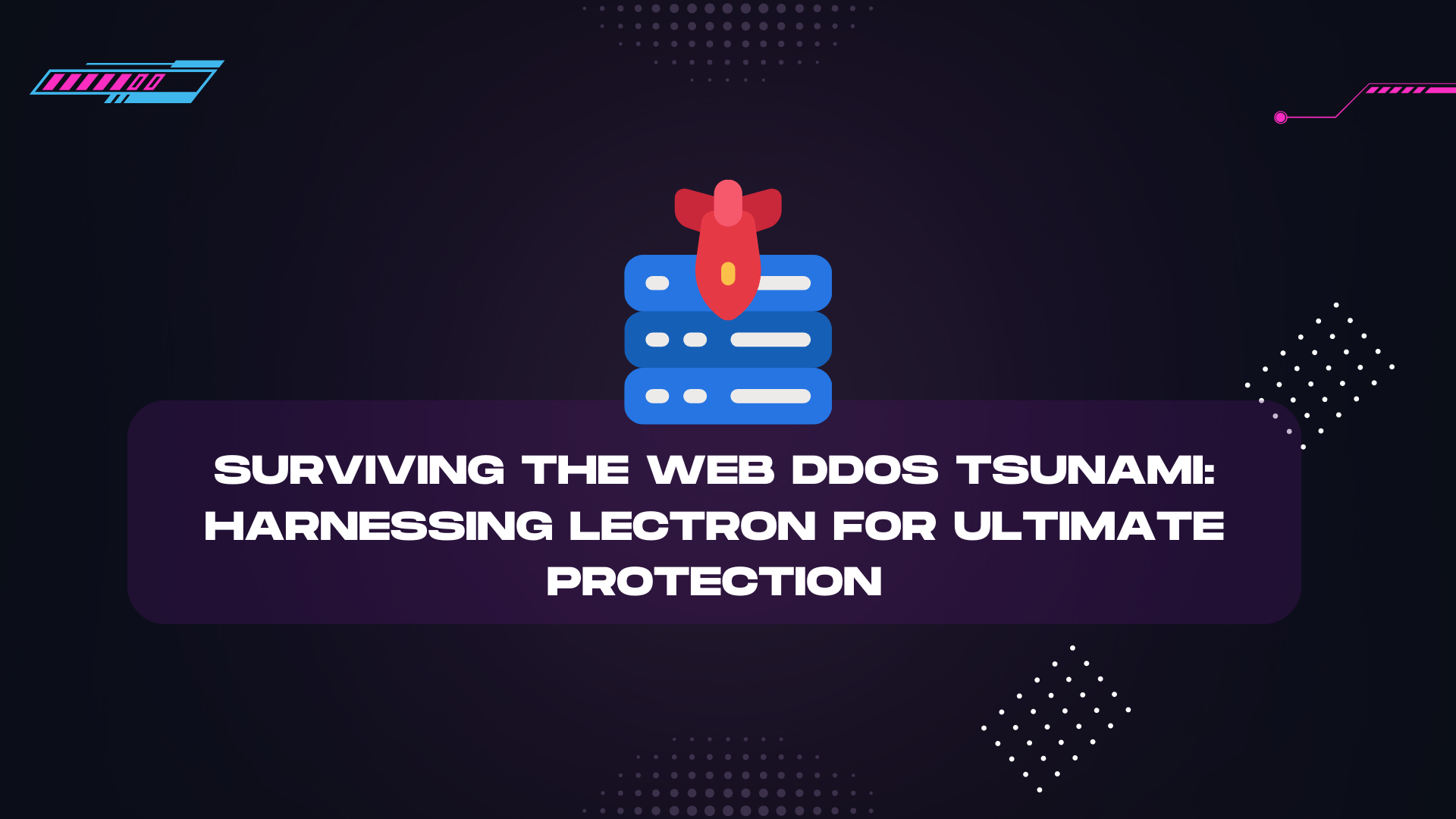Introduction
As cyber threats continue to evolve and become more sophisticated, the importance of cybersecurity cannot be overstated. Companies must continuously assess and improve their security posture to protect themselves and their customers from potential attacks. One approach that has gained popularity in recent years is bug bounty programs. Bug bounty programs incentivize ethical hackers to find and report vulnerabilities in a company’s systems, allowing the company to fix them before they can be exploited by malicious actors. In this article, we will discuss the role of bug bounty programs in the future of cybersecurity.
What are Bug Bounty Programs?
Bug bounty programs are initiatives that offer rewards to ethical hackers who find and report vulnerabilities in a company’s software or systems. The goal of these programs is to incentivize individuals to help improve the security of the company’s systems by identifying and reporting any weaknesses. These programs typically offer a financial reward for each valid vulnerability that is reported, which can range from a few hundred to tens of thousands of dollars, depending on the severity of the vulnerability.
The Benefits of Bug Bounty Programs
There are several benefits to implementing a bug bounty program, including:
- Finding vulnerabilities before they can be exploited: By having ethical hackers test a company’s systems, the company can identify and fix vulnerabilities before they can be exploited by malicious actors. This can prevent potential security breaches and save the company from costly damages.
- Improving security posture: Bug bounty programs can help improve a company’s security posture by identifying weaknesses that may have been overlooked during regular security assessments. By addressing these vulnerabilities, a company can improve its overall security posture.
- Saving costs: Bug bounty programs can save companies significant costs in the long run. Fixing vulnerabilities before they can be exploited is much less expensive than dealing with the consequences of a successful attack.
- Building a community of security experts: By offering bug bounties, companies can build relationships with ethical hackers and security researchers who can provide valuable insights and feedback on their security practices.
The Challenges of Bug Bounty Programs:
While bug bounty programs offer many benefits, there are also some challenges that companies must consider. These challenges include:
- Managing the influx of reports: Bug bounty programs can generate a large volume of vulnerability reports, which can be overwhelming for companies to manage. Companies must have processes in place to triage and prioritize reports based on severity and impact.
- Determining the value of reported vulnerabilities: Companies must have a way to assess the severity and impact of reported vulnerabilities to determine the appropriate reward. This requires a deep understanding of the company’s systems and potential risks.
- Managing false positives: Ethical hackers may report vulnerabilities that are not actually exploitable or that have already been addressed. Companies must have a process in place to validate reported vulnerabilities and avoid rewarding false positives.
- Maintaining trust with ethical hackers: Bug bounty programs rely on the trust between the company and the ethical hackers participating in the program. Companies must ensure that they are transparent and fair in their handling of vulnerability reports to maintain this trust.
Conclusion
In conclusion, bug bounty programs offer many benefits for companies looking to improve their security posture and protect against cyber threats. By incentivizing ethical hackers to identify and report vulnerabilities, companies can proactively identify and address weaknesses in their systems. However, companies must also be aware of the challenges associated with bug bounty programs and have processes in place to effectively manage the influx of reports and maintain trust with ethical hackers. As cyber threats continue to evolve, bug bounty programs will likely play an increasingly important role in the future of cybersecurity.




